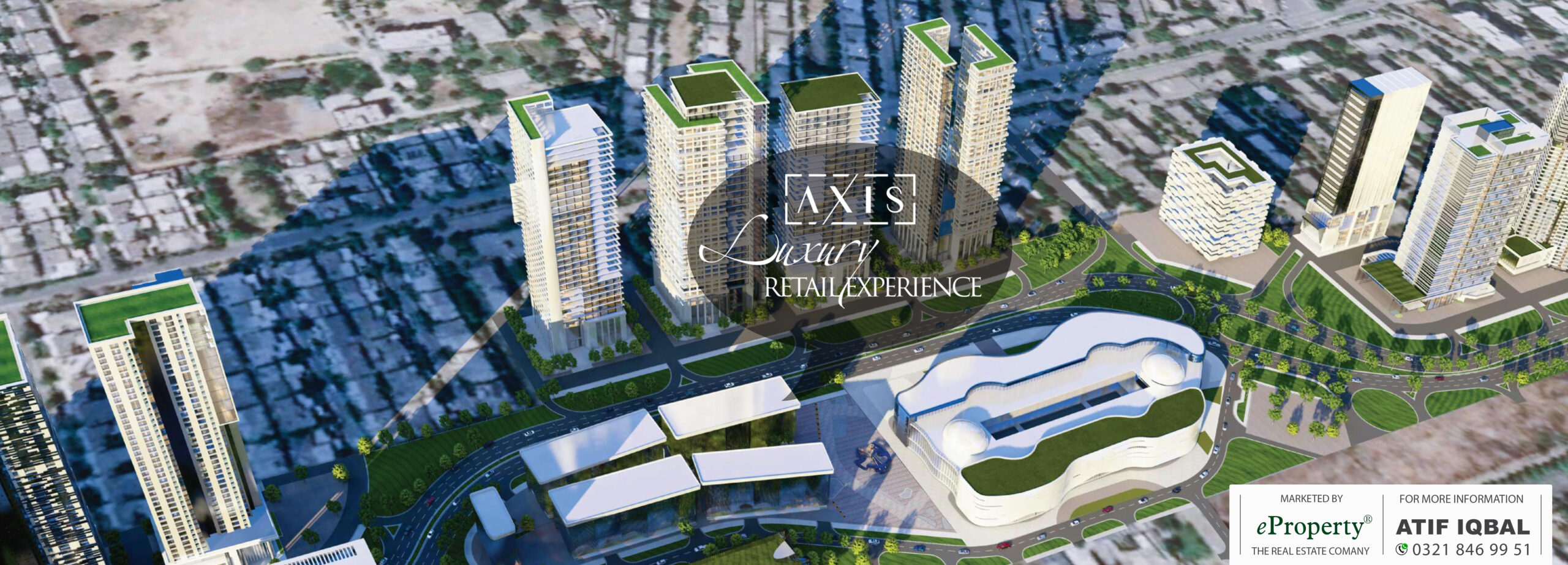LAHORE: While the concept of microfinance is still at a developing stage in Pakistan, its pioneer in Bangladesh Mohammad Yunus, the founder of Grameen Bank which provides small loans to poor people, hopes that the day is not far when Bangladeshi children will visit museums to see what poverty was like.
In Pakistan, microfinance has picked up pace and poor are gradually realising that this is not charity. According to Yunus, this is business with a social objective, which is to help people get out of poverty.
Microfinance experts point out that the spectacular success of microfinance in Bangladesh has created misconception that microfinance could alleviate poverty rapidly. Experts the world over say the most basic level — the key to ending extreme poverty — is to enable the poorest of the poor to get their foot on the ladder of development. Micro loans enable the poor to lift themselves out of poverty through entrepreneurship.
Basically, funds are provided to the poor to develop their entrepreneurship skills which help them come out of poverty gradually. Experts say from the first micro loan, the poor earn a meagre amount to supplement their family income and service their loan. During this process, they get business training as well.
On successful repayment of the first loan, the second loan helps the poor to enlarge and consolidate their business. After developing entrepreneurship skills, the poor do not waste additional earnings in consumption but build up assets. Those who fail to do so lose the chance to improve their living standard.
“It is usually the third or the fourth microfinance loan that unleashes entrepreneurship potential of the poor who then start earning enough to come out of poverty,” says Dr Kishwar Dhingra, a New York-based social worker.
She says microfinance in Pakistan provides a ray of hope to the poor, particularly rural poor who depend on informal loans which are provided on very high mark-up.
Microfinance is also provided to the poor at a much higher mark-up than normal bank loans but interest rates are markedly lower than mark-up on informal credit available in the market.
She said the difference between informal loan and micro-credit is that the former is provided with the intention of keeping the poor entangled in servicing interest payment only while microfinance institutions guide and support the poor in productive use of the loan they provide.
The spectacular growth of the microfinance industry has been fueled not by market forces but by conscious actions of national governments, non-governmental organisations (NGOs) and donors who view microfinance as an effective tool for alleviating poverty.
The regulators in Pakistan need to assess the impact when institutions that serve the poor attain financial viability, a level that ensures automatic investment. After all, profitability — the extent to which revenues exceed costs of providing services — is a reflection of the extent to which returns to clients from whatever they finance are high enough to pay for the financial services they receive.
This approach, however, is not of much help when it comes to evaluating institutions which are not yet financially sustainable but which are assumed to make significant contributions to poverty alleviation and depend on continuing public support to remain operational.
When confronted with this type of situation, policy-makers, who have to allocate public resources between competing ends, ask how credit programmes affect broader social goals such as adoption of agricultural technology, income generation and attainment of food security.
Assessing these benefits helps the policy-makers evaluate the relative weight to attach to credit programmes vis-a-vis other poverty alleviation programmes and helps them answer the question whether shifting resources away from other poverty alleviation programmes to credit-based programmes is a good social policy
Source: The News
Join the eProperty Community for daily Pakistan Property rate updates, the latest developments, and news.
Property buying and selling was never easy before; simply connect with our WhatsApp hotline for absolutely free property consulting. Please save this number, +923111042111 in your contact list to get regular updates from us; otherwise, you will not receive any updates.


